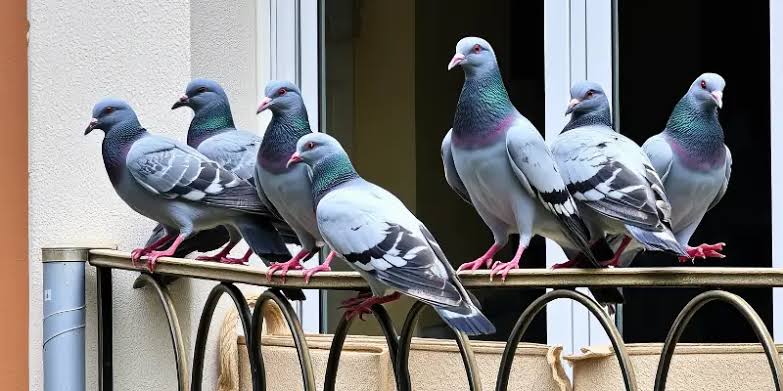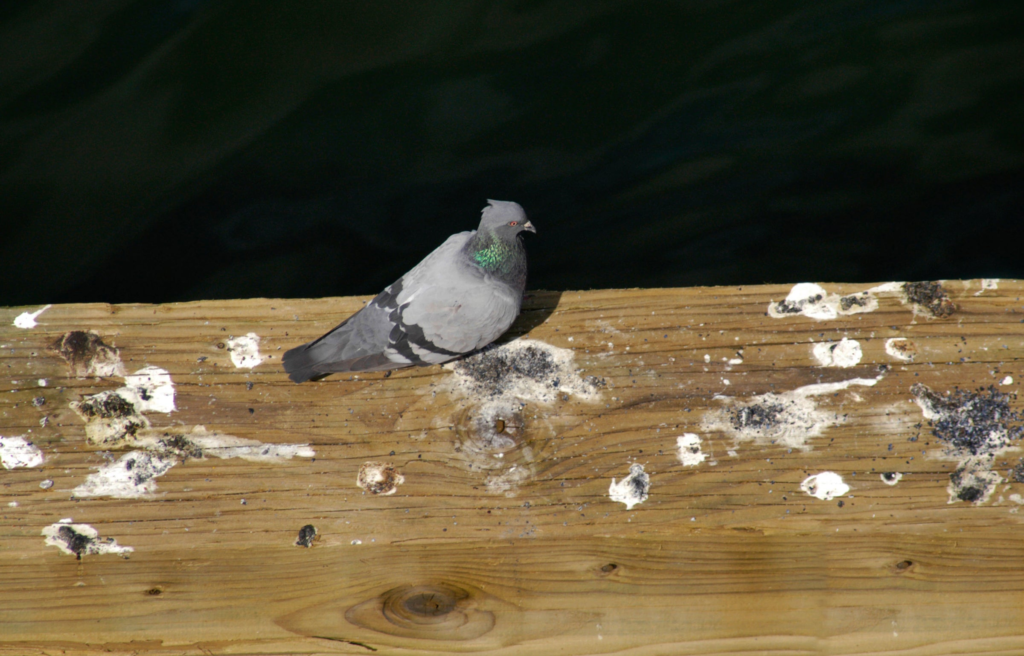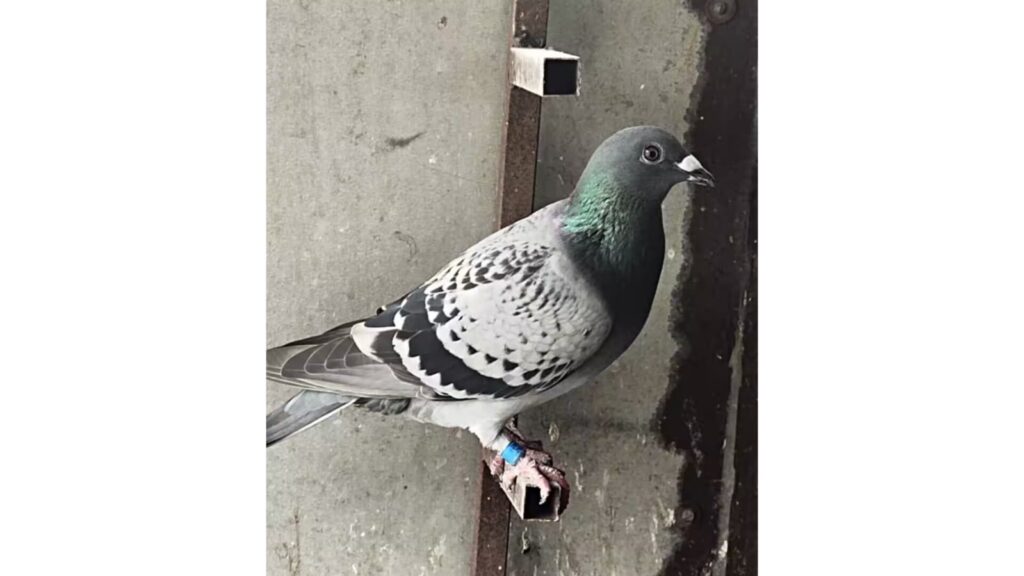Pigeon Populations Surge by 150% in Mumbai and Pune: The Soaring Threat Imperiling Urban Health

Rising Pigeon Population in Pune & Mumbai Linked to Surge in Lung Diseases, Warn Health Experts
Pigeon populations are skyrocketing in Indian cities, with Mumbai and Pune witnessing a staggering 150% increase in these flocks. This explosion has severe consequences for public health, prompting municipal authorities to prohibit feeding pigeons in certain areas.
Pigeons thrive in urban environments due to their adaptability, easy access to food, and lack of natural predators. However, their presence poses significant health risks. Pigeon droppings and feathers harbor allergens and pathogens, including pathogenic fungi like Histoplasma and Cryptococcus. As faecal particles dry up, they fragment into fine aerosols that can become respirable, causing respiratory problems like asthma and bronchitis.
Hypersensitivity Pneumonitis :

One of the most concerning health risks linked to pigeons is Hypersensitivity Pneumonitis (HP), also known as pigeon breeder’s lung. This disease is caused by persistent exposure to feathers, droppings, and feather dust containing avian proteins. HP can manifest in two ways: acute and chronic. The acute form presents with influenza-like symptoms, while the chronic form leads to tissue scarring and irreversible lung damage.
Asthma and allergies :

The impact of pigeons on asthma and allergies is also significant. Allergens from pigeon feathers and droppings are a major source of asthma and allergic rhinitis. Continued exposure can aggravate asthma symptoms, causing flare-ups and impairing quality of life.
Bans and awareness campaigns :

In response to these health problems, cities in Maharashtra, such as Pune, have imposed restrictions on feeding pigeons in public areas. However, awareness campaigns are also crucial in educating the public about the health risks associated with pigeons.
Pigeon-related hazards can be harmful to human health and property. To protect yourself from these risks, experts suggest the following:
1. Avoid Feeding Pigeons

- Feeding pigeons encourages them to gather in large numbers, leading to an increase in droppings, feathers, and nesting materials. These can create health risks such as respiratory issues and the spread of diseases like histoplasmosis, cryptococcosis, and psittacosis.
- Reducing food availability naturally discourages pigeons from congregating in urban areas.
2. Seal Entry Points

- Pigeons often seek sheltered spaces for nesting, such as vents, rooftops, balconies, and attic openings.
- Use wire mesh, netting, or caulking to block access to potential nesting areas.
- Ensure that chimneys, air vents, and windows are properly sealed with durable materials.
3. Regular Cleaning

- Pigeon droppings can be corrosive and carry harmful pathogens. Regular cleaning helps prevent the buildup of debris and reduces health risks.
- Use appropriate protective gear, such as gloves and masks, while cleaning to avoid direct contact with droppings or feathers.
- Dispose of waste materials in sealed bags to prevent the spread of contaminants.
4. Install Deterrents

- Physical barriers: Install spikes, slopes, or anti-roosting strips on ledges, beams, and other flat surfaces to make it difficult for pigeons to perch.
- Visual deterrents: Use reflective tapes, decoy predators, or wind-driven devices to scare pigeons away.
- Sound deterrents: Ultrasonic devices can emit high-frequency sounds that discourage pigeons without disturbing humans.
5. Monitor Respiratory Symptoms
- Exposure to pigeon droppings and feathers can cause respiratory issues, particularly for individuals with pre-existing conditions like asthma or allergies.
- Common symptoms include coughing, wheezing, shortness of breath, or chest tightness. If such symptoms occur, seek medical advice promptly.
- Consider consulting an allergist or pulmonologist if you suspect prolonged exposure.
Implementing these measures not only protects your health but also helps maintain a cleaner and more hygienic environment.
The increasing density of street pigeons reflects the delicate relationship between urban life and public health. Collective action is necessary to address this issue, requiring collaboration between city officials, health professionals, and the community. By working together, we can create safer, healthier urban environments for all.











